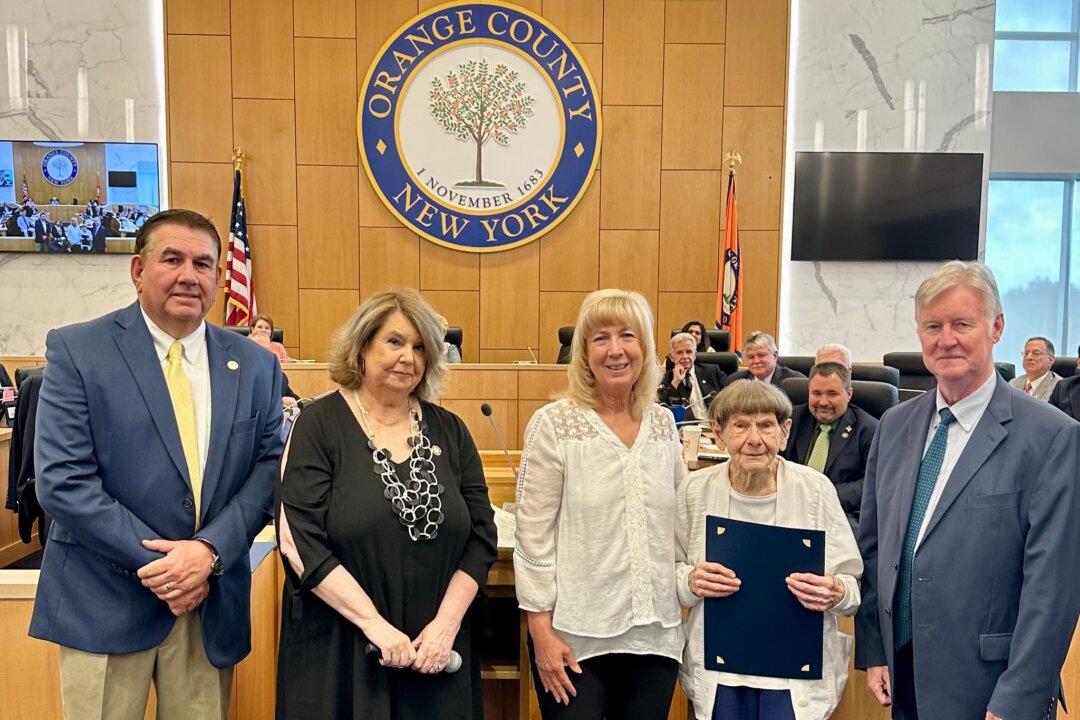The 2019 changes to the state’s discovery law have contributed to a massive growth in domestic violence case dismissals and other case dismissals, according to an April 14 report by the New York State Office for the Prevention of Domestic Violence.
Flaws in the current discovery law are leading to “incredibly high [case] dismissal rates that leave survivors without justice,” according to the report.





